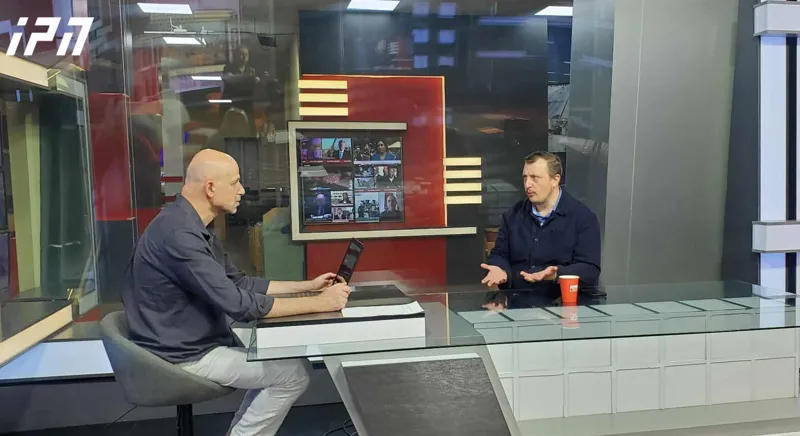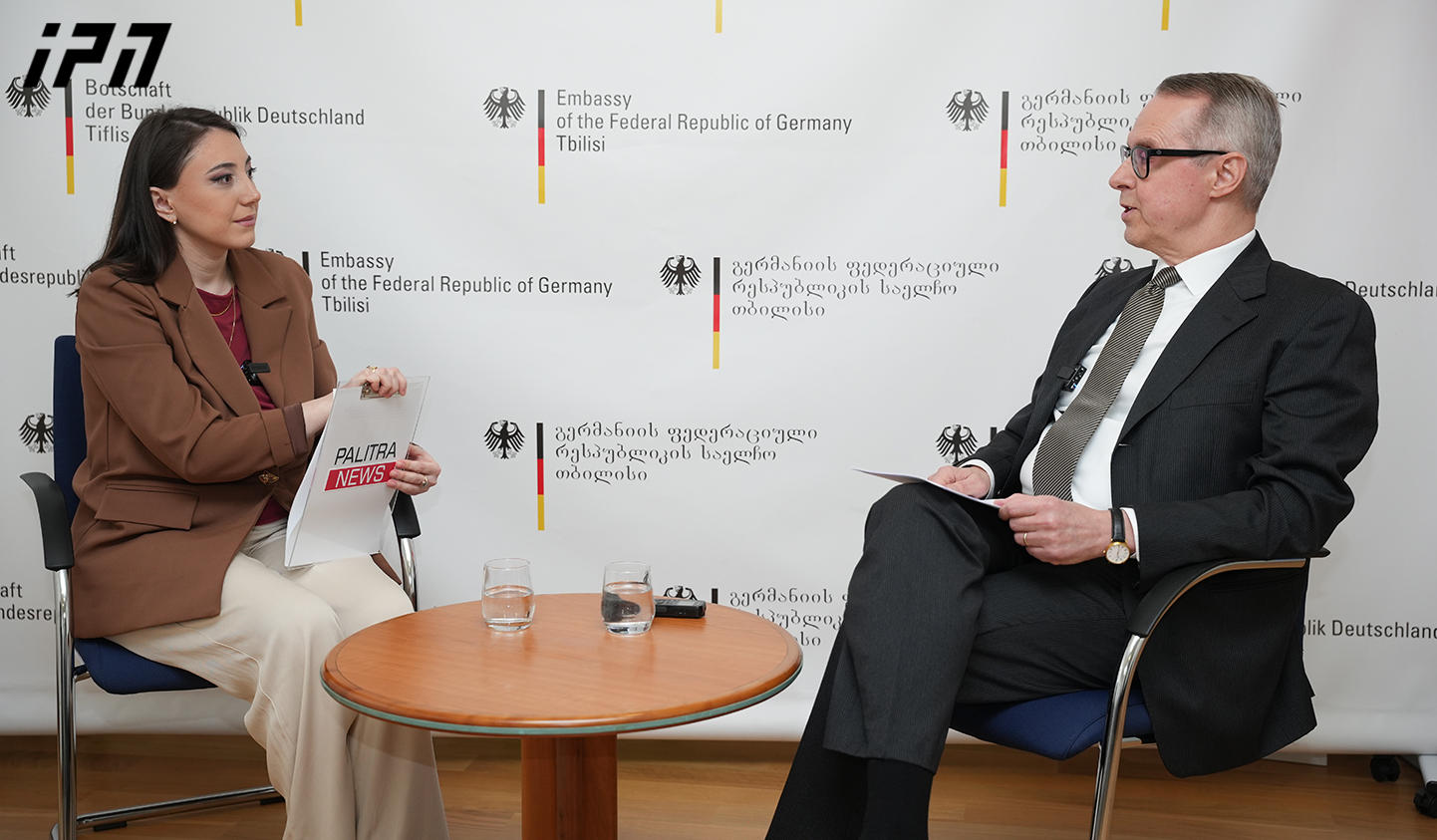Giorgi Burjanadze: In 2013, Georgian Dream appealed to the OSCE/ODIHR and requested monitoring, stating that "we have nothing to hide" – now history has repeated itself, and the court has been completely closed to the media; In this context, external monitoring is of utmost importance

No one can come by force to carry out monitoring or work in an intelligence-like manner to observe things secretly. The OSCE/ODIHR needs to obtain consent from the judiciary in order to monitor proceedings, and such consent has not been granted since December — this was stated by Giorgi Burjanadze, legal advisor at the Center for Civil Society, on PalitraNews’ program Resume.
According to him, in the current conditions — where journalists no longer have access and the public is no longer being informed — the possibility of external monitoring is extremely important.
"In 2013, it was Georgian Dream itself that approached the OSCE/ODIHR and requested them to carry out monitoring of court trials in Georgia involving former government officials. Their statement at the time was that they had 'nothing to hide' and that everything was being conducted in accordance with the law — they invited observers to come, watch, and evaluate what was being done and how.
The OSCE/ODIHR has an internationally recognized methodology. It is considered a highly reliable method for observing legal proceedings, and the reports they produce reflect problems identified during the trials. They also address institutional issues — for example, whether there are flaws in the criminal code.
In December, Georgia’s fifth president addressed the OSCE/ODIHR and requested a visit. But no one can be forced to conduct monitoring, and they cannot work covertly in an intelligence-gathering way. The OSCE/ODIHR needs approval from the judiciary to observe the proceedings, and since December, such approval has not been given.
We have seen a repeat of a situation from nearly twenty years ago, where court trials have been completely closed to the media. Before that, we saw how shamelessly police officers lied, how prosecutors justified absurd matters, and what kinds of decisions judges made. In this context, when journalists no longer have access and the public is left uninformed, the possibility of external monitoring is critically important,” Burjanadze emphasized.
